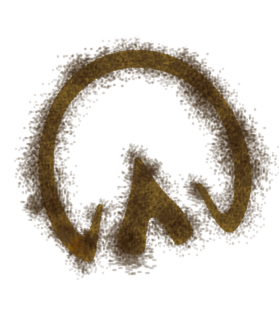Hay Everyone!
There are green grass shoots popping up across my pasture and it makes me excited! I have to kick up my heels and frolic across the pasture on these beautiful spring mornings. The only downside of spring is the arrival of the veterinarian for my spring vaccinations. I have to stand quietly while I get my shots to impress the ladies and make sure I get a sweet treat at the end (I prefer doughnuts, of course!), but it sure is hard sometimes. Have you ever wondered why you and your horse need vaccinations? Well, join me on an investigative journey and we might just figure out the answer.
The first question I decided to tackle was “What are vaccines?” After a brief chat with some of our veterinarian friends, I came up with what I think is a pretty solid answer. Vaccines are a solution that we introduce into the body to stimulate its immune system and functions. We are all familiar with vaccines that are administered via an injection, usually intramuscularly (that means into the muscle). Vaccines can also be administered via other routes such as through a nasal spray. Regardless of how the vaccine is administered, it will contain some part of the pathogen (organism that causes the disease), so that our immune systems can learn to recognize the pathogen and mount a faster and stronger immune response in the future. In general, vaccines fall into one of three broad categories: live, modified live, or inactivated/killed. These categories describe the form the pathogen is administered in. There are pros and cons to using each type and your veterinarian will be able to answer any specific questions you have.
What you should be most concerned about is what vaccines your horse receives. Again, working closely with your veterinarian will help you ensure your horse is receiving the most appropriate vaccines. I did a little digging on the American Association of Equine Practitioners’ website to give you a head start. Vaccines are classified as either core or risk-based. Core vaccines should be administered to all horses because they are likely to be exposed to the disease or the disease is highly fatal or both. Eastern and Western Equine Encephalomyelitis, rabies, tetanus, and West Nile virus are considered the core vaccines. They should all be included in the list of your horse’s spring vaccinations.
Risk-based vaccines, on the other hand, are only administered to horses likely to be exposed to the disease. Risk-based vaccines include anthrax, botulism, equine herpesvirus, equine influenza, equine viral arteritis, leptospirosis, Potomac horse fever, rotaviral diarrhea, snake bite, strangles, and Venezuelan equine encephalomyelitis. Whether or not your horse should receive any of these vaccinations will depend on a variety of factors including your horse’s life stage (pregnant mares and young horses need different vaccines), how often it travels, where it lives, and how often it comes in contact with other horses. This is where a discussion with your veterinarian will be helpful.
I’m sure the folks at the Equine Science Center have already made plans with the veterinarian for my spring vaccinations. Have you done the same for your horse? If not, be sure to do so as soon as possible. Vaccinations are an important part of responsible horse ownership.
Until Next Time.
Your Friend,

Lord Nelson
